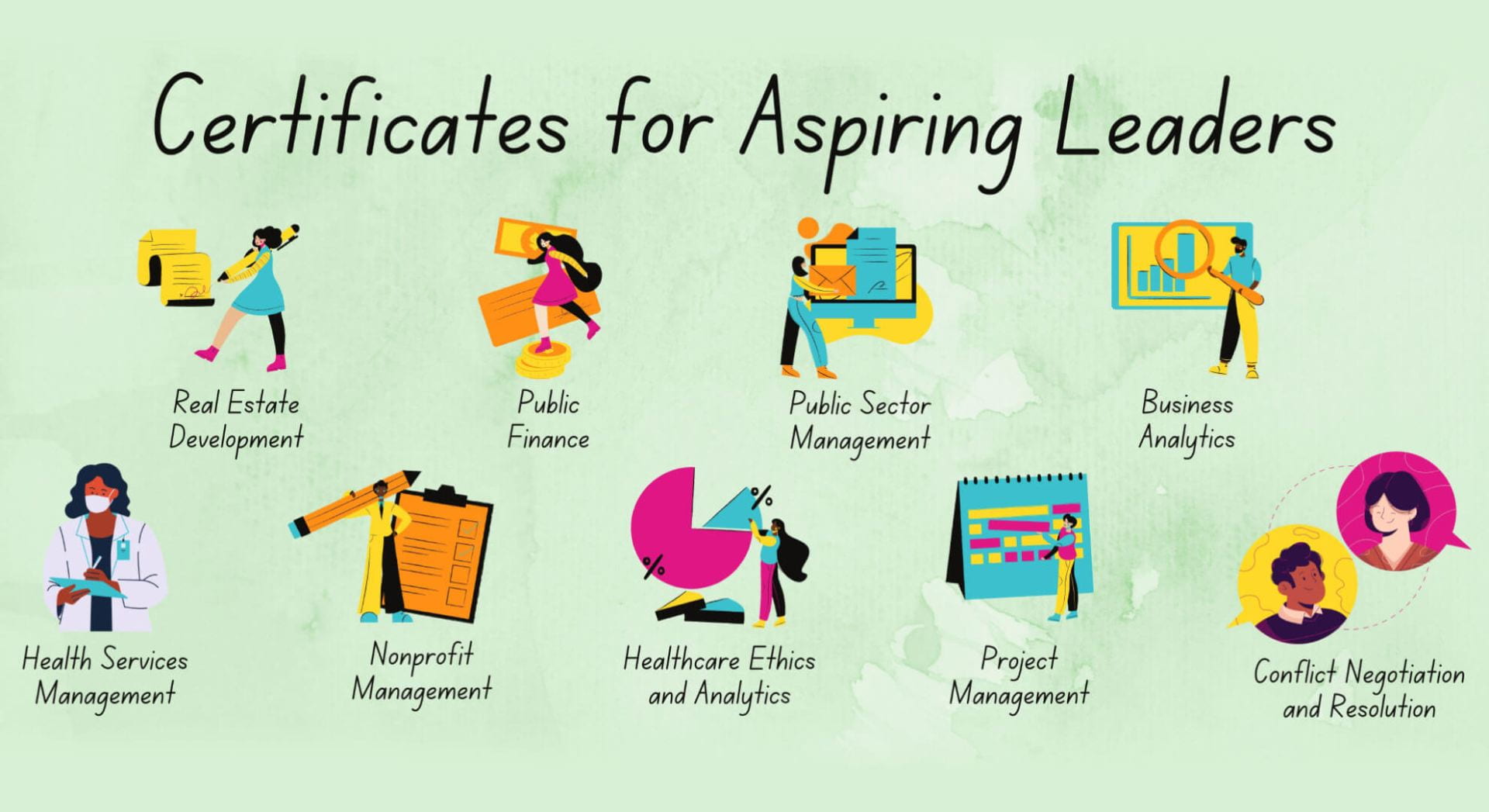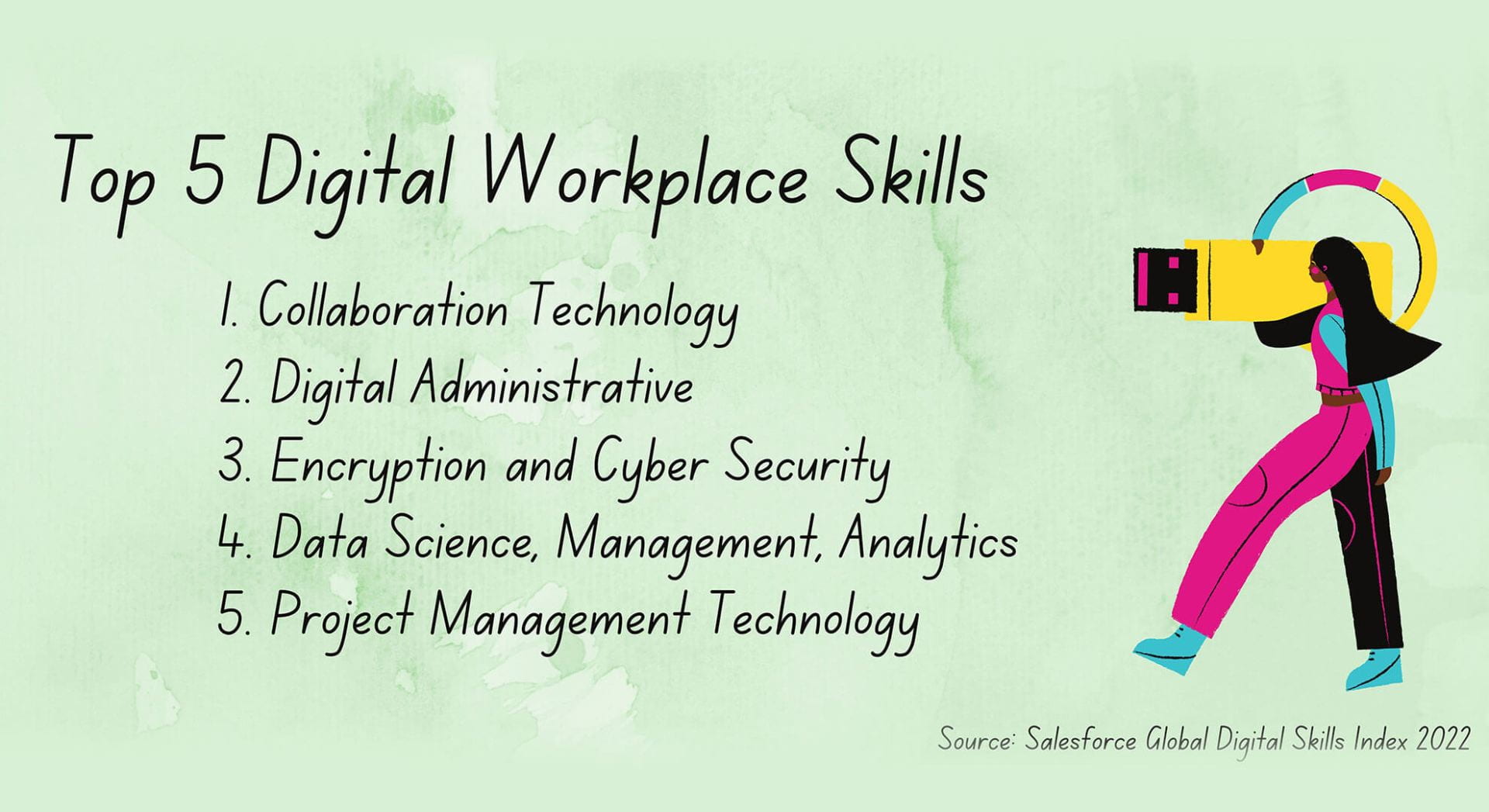The Great Reshuffle
How a grad certificate can help you change careersIn 2020, Sabina Bhasin had almost given up on a psychology career. After some personal challenges, her undergraduate grades hadn’t stacked up to her full potential. She didn’t have all of the prerequisites she would need for a master’s program. She felt trapped in her current job as her only career option.

Sabina Bhasin
It was only out of curiosity that she sent a fateful email to Ken Granle in enrollment services at Roosevelt University. Granle told her about the new certificate and encouraged her to apply
“I feel like I’ve received a second chance,” Bhasin said.
If you started thinking about a career change during the pandemic, you’re in good company. Over four million Americans have quit their jobs each month since October 2021, according to the U.S. Bureau of Labor Statistics — about three percent of the total workforce, each month. One CNBC poll estimated that 50% of workers are considering changing careers.
At Roosevelt University, new certificate programs help students quickly upskill for their dream roles.
It’s never too late to change careers
Over the last 40 years, workers’ median tenure at their current employer has hovered between three and four years across age brackets. (The jury’s still out on what the pandemic meant for workers). Career paths don’t have to be linear — there’s always room to change. Switching jobs can expose you to new opportunities, salary bumps and a broader network of colleagues.
Graduate certificates offer an opportunity to pursue a field that you touched on as an undergraduate and want to explore further, or explore a brand-new field that aligns with your interests. A certificate program can add a dimension to your application that distinguishes you in the job search or graduate school process.
Bhasin became one of the first three students to complete the new preclinical psychology certificate at Roosevelt University. Her course work earned her a spot in the Roosevelt master’s program, something she had thought impossible just two years ago.
“With this program, returning to school to pursue an M.A. in Clinical Psychology and work with first-generation South Asian Americans could finally move from being a persistent thought to a viable reality,” Bhasin said. “I plan to continue learning and earning the degrees I need to bring awareness, compassion and support to a population primed for more research and representation.”

An affordable, hands-on way to build your resume
While master’s degrees cover a broader swath of information, certificates zoom in on a specific topic, like public finance or nonprofit management, to establish you as a specialist. Most Roosevelt certificates comprise four courses, and can be completed in as little as one year.
Certificate programs are one cost-effective way to dip your toes into the job search. With less time and commitment than a full master’s program, you can explore another field and grow the professional skills that employers seek. Many programs offer certificates online or remotely to fit into a working schedule.
Career-changers face a chicken-and-egg dilemma: how can you get experience in a new role if you don’t already have experience? Graduate certificates focus on real-world projects that students can describe in a job interview as proof of their capabilities.
Ayaka Sato earned her certificate in conflict negotiation and negotiation. The program placed her in real mediation settings to settle disputes and practice her work.
“All the readings, assignments, and exams I were exciting to do because they practical theories, techniques and tools I could use in a real-life setting,” Sato said. “I appreciated that in every class, there was a hands-on exposure for us to establish the skills we learned.”
Digital and leadership skills for your next role
Whether you graduated five or twenty-five years ago, emerging technology is changing the workforce. Content creators have built fame and successful careers on TikTok, a platform that didn’t even exist in 2015. Businesses have more data than ever at their fingertips. Supervisors are managing newly minted Gen Z workers, who have different goals and priorities than previous generations.
Even long-established fields have been transformed by emerging technology, more connectivity and changing consumer behavior. With a graduate certificate, you can keep up on the skills you need to be successful in your career.

Post-undergraduate certificates can help you prepare for a supervisory role with soft skills like decision-making and problem-solving. Many of us know, from experience, how it feels to have a bad manager. But what does it take to be successful?
Sato choose Roosevelt as a home base to build her conflict resolution and negotiation skills. She remembers how Dr. Bouey’s course prioritized open-mindedness when it came to mediating with others. The course explored how diversity and multicultural personal styles might inform how people communicate — essential skills for a diverse workplace.
“Dr. Bouey’s course widened my views and helped me gain effective communication skills,” she said. “Having these skills gives me the ability to assess challenges from all sides and to find a successful approach to any conflicts.”
Rekindling a love of learning
For many students, certificate programs are a stimulating way to take a step back and think about t ideas that get pushed aside by daily to-do lists. What interests you? What bigger questions do you hope to answer?
As a student, you can re-engage with a subject you care about and remember what you’re working toward.
“My classes have ignited a curiosity for learning,” Bhasin said. “I feel like I can’t get enough, especially neuropsychology. This is only the beginning, but I already feel like I have answers to questions about the fundamental experience of being human.”
More in this section
unexcused absence
Some of life’s most important lessons cannot be taught inside the four walls of a classroom. Matthew Beardmore’s travel has forced him to reassess how he thinks about work, family, politics, injustice and many other issues. He’s no longer tied to the beliefs of where he grew up.
traveling while home: self-discovery through the local
How can you make the long trip home if you don’t actually leave there? A partnership between Roosevelt University’s Honors Program and Chicago Architecture Center asks students to experience space and place as sites for action—not simply places we passively inhabit.
creating a new travel niche while wandering the globe
In early 2011, Sahara Rose De Vore bought a one-way ticket to Costa Rica. Over the next 10 years, she explored 84 countries. The self-discovery she experienced inspired her to launch two successful businesses—both helping others discover the benefits of travel.



